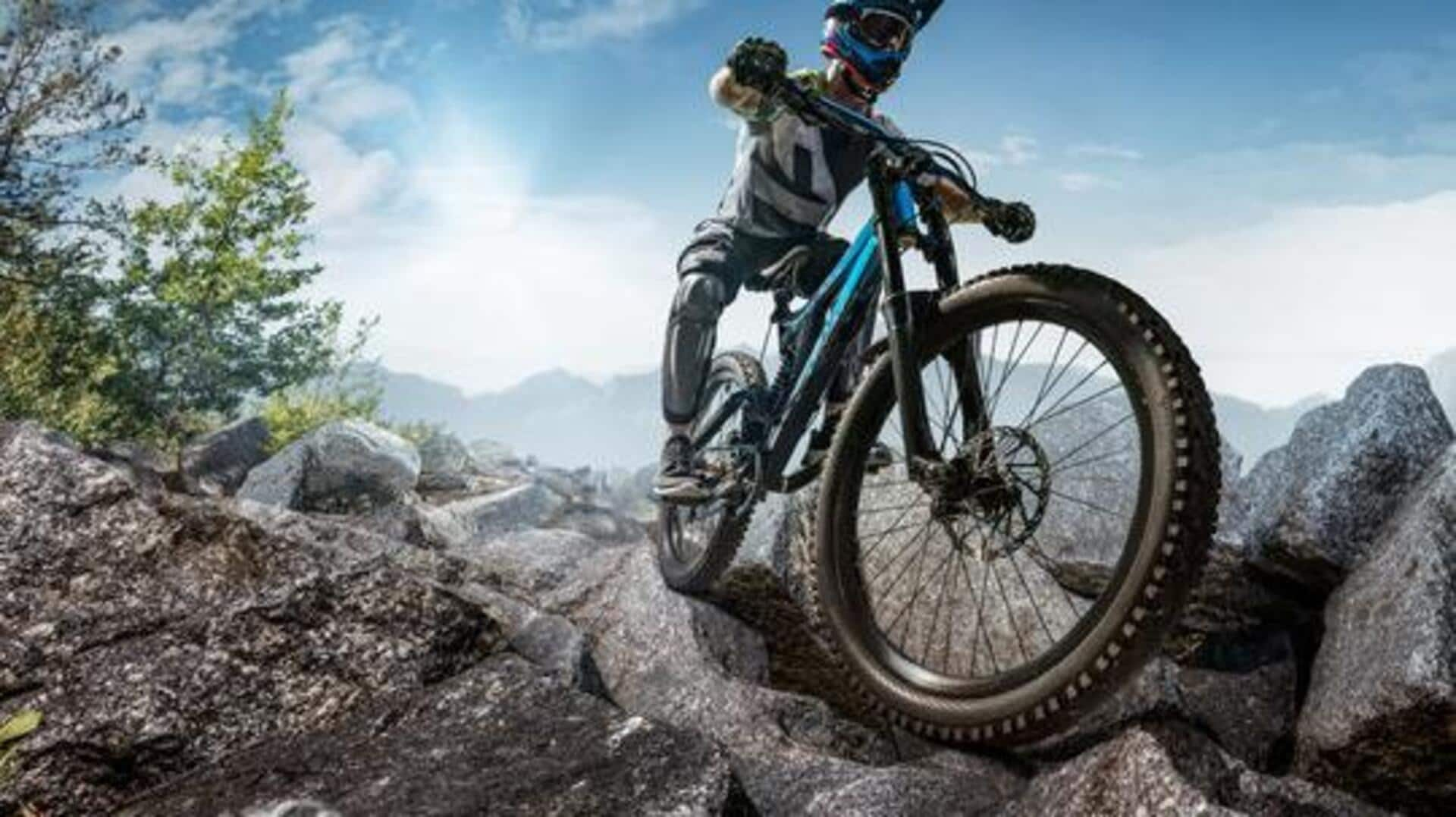
Mountain biking 101: Tips for a safe ride
What's the story
Mountain biking is an exhilarating way to explore nature while pushing your physical limits. Be it a beginner or an experienced rider, there are trails designed to match your level of expertise. From gentle paths winding through scenic landscapes to rugged terrains testing your endurance, mountain biking offers something to everyone. Here's a look at some trail options and what you can expect from each.
Easy rides
Beginner-friendly trails
Beginner-friendly trails are ideal for those who are new to mountain biking. These are smooth, gentler-sloped paths that help you get the hang of basic skills like balance and control. Parks usually have proper signage and maps, so it's easy for beginners to navigate. These trails are perfect if you're with your family or want an easy, breezy ride through nature.
Moderate paths
Intermediate challenges
Intermediate trails offer a step up in difficulty with varied terrain and moderate inclines. Expect some obstacles like rocks or roots to maneuver around but are still easily manageable with practice. These paths often wind through forests or hills, giving you scenic views and an opportunity to improve your technical skills. Intermediate riders will find these trails rewarding as they push their limits while enjoying the beautiful surroundings.
Difficult routes
Advanced terrain adventures
Advanced mountain biking trails are designed for those who are experienced riders and looking for intense challenges and adrenaline-pumping descents. These routes usually feature steep climbs, sharp turns, and technical sections that require precise handling skills. Riders should be ready for unpredictable conditions like loose gravel or narrow passages that require quick reflexes and confidence in their ability. Advanced trails promise thrilling rides for those ready to tackle demanding environments.
Safety first
Safety tips for all riders
No matter how experienced you are, safety is paramount in mountain biking. Always wear a helmet, and if you're attempting tougher trails, consider gloves or knee pads. Before heading out, ensure your bike's brakes work and tires are inflated properly. Carry water, snacks, a first-aid kit, and repair tools for long rides in secluded areas where help may not be available immediately.